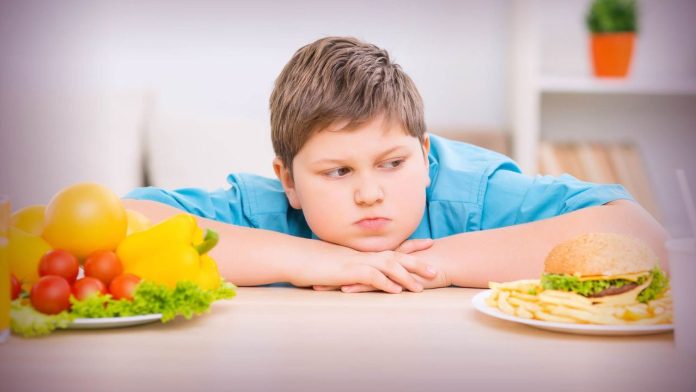In India, childhood obesity is on the rise. People’s health, especially that of children, is being negatively impacted by the widespread consumption of junk food, a lack of adherence to a healthy diet, irregular sleep patterns, and a sedentary lifestyle. Children who are obese run an increased risk of type 2 diabetes, heart disease, high blood pressure, and joint issues. Children’s mental health may be negatively impacted by obesity due to low self-esteem, concerns with body image, and higher vulnerability to sadness and anxiety. Obesity in childhood can have long-term effects on an adult’s health, such as raising the likelihood of developing chronic illnesses like heart disease, stroke, and specific types of cancer.
Childhood obesity is a result of consuming meals that are high in calories and low in nutrients, which is typical of the junk food culture. Junk food is frequently lacking in fiber, vitamins, minerals, and sodium, but high in sweets, bad fats, and sodium. Overindulging in junk food might result in deficits of vital nutrients required for a child’s healthy growth and development. Poor eating habits might also have an effect on mental health.
Here are 4 suggestions for parents to prevent childhood obesity:
Dietary balance: It’s important to include a variety of meals at each meal. It is recommended to eat a lot of fruits, vegetables, lean meats, whole grains, and low-fat dairy products.
Portion sizes: Instead of relying exclusively on external signs like portion sizes, parents should help their children learn to tune into their bodies’ signals of hunger and fullness.
Limiting the intake of sugar and processed meals is another important consideration. These foods don’t have a lot of nutritional value and can make you gain weight.
Exercise: It’s important to include regular physical activity as well. involving kids in activities they find enjoyable, whether it’s riding, dancing, or participating in sports. To keep children active and interested, limit screen time and promote outside play.

 हिंदी
हिंदी






